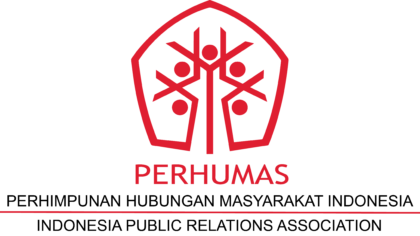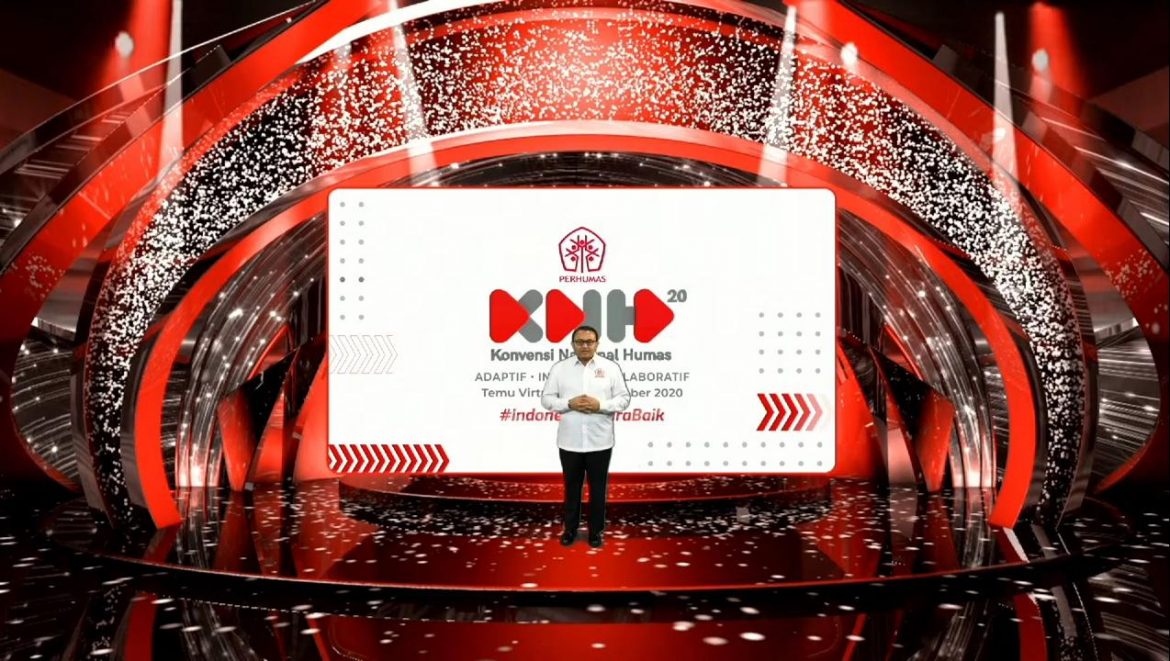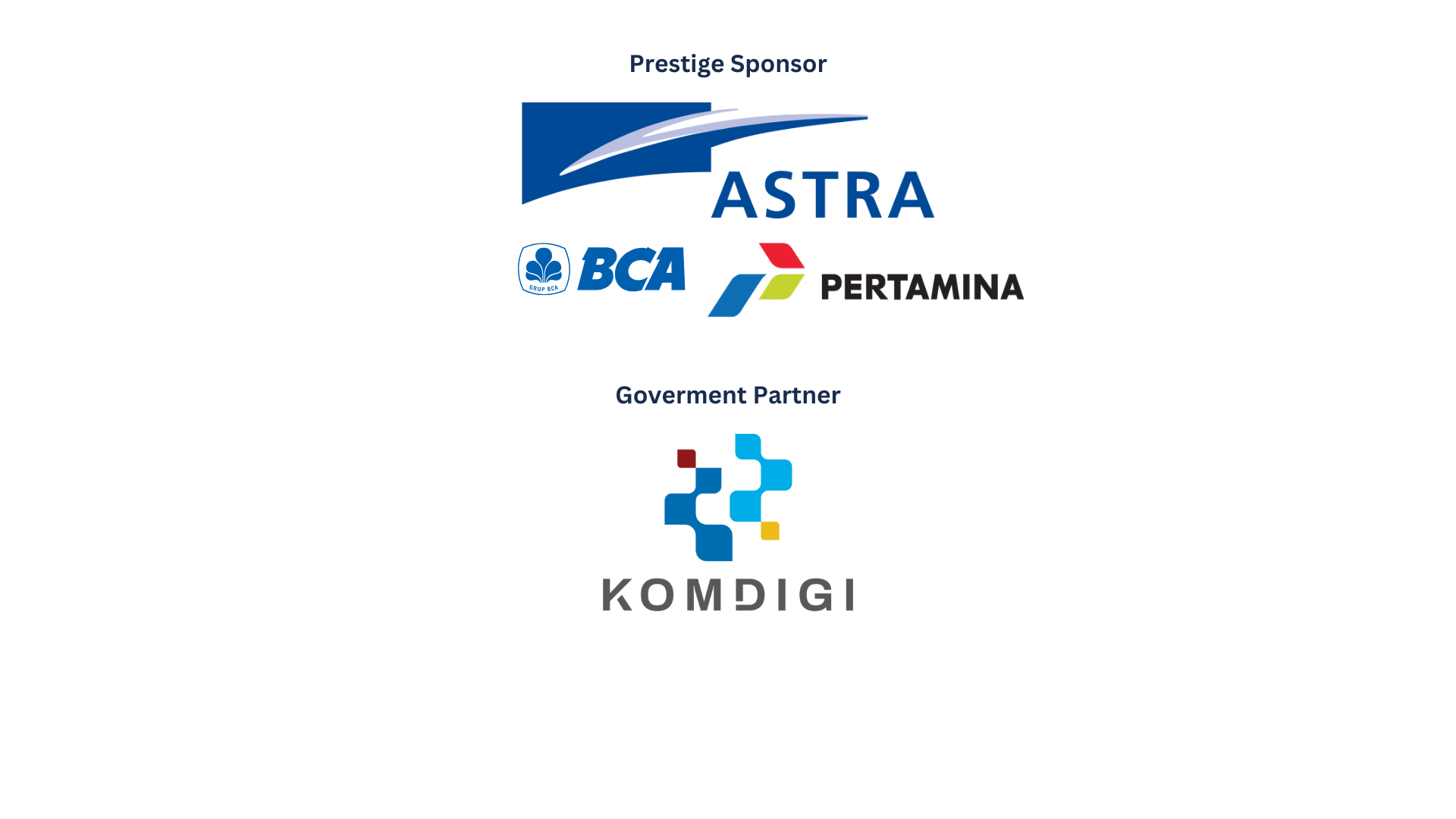With more than 20 years’ experience in the industry, Agung Laksamana spoke with Telum about his latest book and why PRs today should be able to read and analyse data to survive.
Congratulations on the launch of your new book, “Adapt or Die”. Can you tell us a bit about your book and why do you feel it is important for PRs to adapt?
After 2018, I saw the change in the industry accelerating due to technology and with this pandemic the PR industry must be more adaptive to integrate seamlessly, especially with advertising and marketing.
If advertising is yourself stating that your product is the best, biggest and largest, PRs, convince and influence stakeholders through others who have to be selected and targeted carefully depending on the audience. Even now we have to work on search engines for example as search results can also influence their users.
There are 10 items that came to my attention that I’ve focused on in this book, including how people’s attention span nowadays are very short. As a PR practitioner, you have to think about what should be catchy enough, to grab the attention of your target audience. In building relationships with stakeholders, with technological advancements, we know there are AI and robots writing articles.
How do you establish a relationship with that? Then PR also has to learn to process data for making stories engaging. Adapt so that people understand what PR people are actually doing and to make people understand that what you’re doing is essential.
What do you think the PR landscape in Indonesia will be like five years from now? What will drastically change?
The PR industry is closely aligned with economic growth. Once this pandemic ends, the world will change and it won’t be the same again. Before the pandemic, maybe our target was only conventional media with press releases but now that’s not enough. Everything is now integrated. In fact, most meetings these days happened via Zoom, so PR can’t rely on just ordinary coffee meeting with journalists.
PR will also rely more on data so that we can innovate and provide targeted and tailored contents. Usually PR people like events and launching publicity but when asked about the data and how to measure their impact, PRs are unable to come up with a measurable results other than news coverage or clippings. PR must also be able to process and read data to provide solutions because it will make us much more credible to the eyes of the CEO or management and the media as well.
Fundamentally, I believe what will never change is how we must build relationships with all stakeholders, through networking. After all, there is a word Relations in Public Relations, right?
With the massive popularity of buzzers in Indonesia used by politicians, do you think this is ethical? Or are there any better options instead?
I think using buzzers to increase your brand awareness to certain points are fine. Though, in these days and age, we saw politicians used them more often for political purposes. Yes, politicians are also a product, a brand, they’re also selling programmes, vision and mission, etc. But in the end, it will become a problem when they use it to plant hatred to bring down opponents, especially by using fake news and hoaxes.
Rather than that, they can use them to spread word about their achievements. Also, maybe media social literacy can also be included in the curriculum for the Minister of Education later.
What is something unique to the PR Industry in Indonesia that you think people should know?
What’s interesting is that according to the Press Council, there are around 47 thousand media outlets in Indonesia at the moment and 70 per cents from that are pretty dubious. Then as Indonesian PRs, we must have the ability to verify which media outlets should be our target.
Second, due to Indonesia’s large and broad markets, there are tendencies for Indonesian PR practitioners to be very internal and domestic-focused. I believe our PR practitioners should be able to compete regionally not only in Indonesia. Lastly, a large number of Indonesians use smartphones to access not only news online but also everything else online. This can also affect how PR customize and tailor-made their specific and targeted contents.
What skills do you think are most important for junior PRs if they want to thrive in the industry?
Young PRs should realise that their competitors are not only PR or comms graduates. Everybody can be a PR these days. They must have the enthusiasm to be continuously learning, know their business inside out plus be digitally savvy.
Don’t forget to be diligent in reading, young PRs must read to be familiar with issues and topics. Lastly, learning how to write good articles and content is a must-have skill for PR practitioners.
*Buzzers: individuals or groups or social media accounts that have the ability to amplify messages by attracting attention or building conversations, then moving with certain motives.
Sumber: telummedia.com









